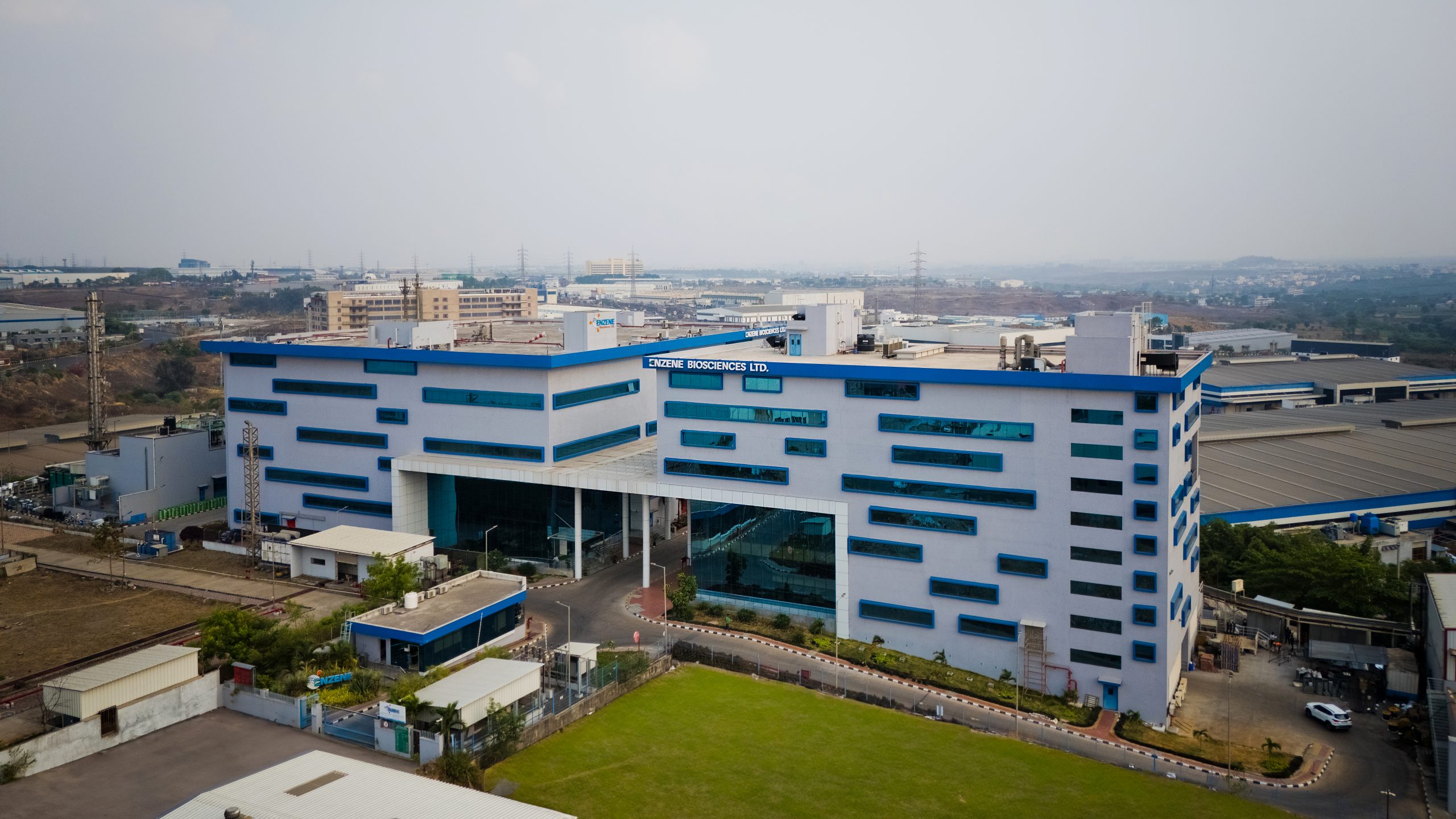Thought Leadership
Inside Enzene’s method development and qualification philosophy
Analytical methods for biologics are essential for ensuring quality, safety, and efficacy of biotherapeutic products. These methods provide critical information about the biologic’s composition, structure, and function, and are required for demonstrating batch-to-batch consistency, and long-term stability of the product.
Development of analytical methods entails the strategic selection and optimization of analytical techniques that are based on high-performance liquid chromatography (HPLC), capillary electrophoresis and plate-based analyses, towards characterizing the designated quality attributes of drug substance or drug product. This multifaceted exercise employs a systematic framework for assessing and choosing methodologies that exhibit sensitivity, specificity and robustness, while ensuring consistently accurate and precise measurements of the intended attribute within predetermined tolerances.
At Enzene, we employ state-of-the-art platforms and technologies to develop methods that are tailored to their intended use (‘fit-for-purpose’). These methods are applied to various types of analyses including measurement of product variants, content, excipients, residual impurities, binding kinetics and biological activity. In addition to in-house developed methods, we also adapt product-specific pharmacopeial methods and/or compendial methods such as Bacterial Endotoxins Test (BET). Our method development approach focuses on rigorous optimization of assay conditions, selection of appropriate buffers and inclusion of necessary controls to ensure consistent and robust performance when applied to the test samples.
Utilizing a comprehensive panel of analytical and functional tests for assessing both the active and inactive components in the samples allows for a comprehensive understanding of the product from a structural and functional perspective. The following summary outlines some of the most frequently used methods at Enzene for characterizing various critical quality attributes of a typical biologic product.
-
-
- Primary and Higher Order Structure: In-depth analysis of primary structure is conducted through intact or reduced mass analysis. Peptide mapping is performed as further confirmatory analysis. Higher-order structural analyses are performed using circular dichroism and intrinsic fluorescence-based assays. N-glycan analysis is performed using HPLC coupled with a fluorescence detector.
- ID, Purity and Impurity characterization: For assessing attributes such as identity and purity of our drugs, we utilize HPLC- and/or capillary electrophoresis-based techniques. Process-related impurities such as Host Cell Proteins (HCP) or Host Cell DNA (HCD) are quantified using enzyme-linked immunosorbent assay (ELISA) or reverse transcription-polymerase chain reaction (RT-PCR). Analysis of product variants is carried out through various HPLC-based methods such as cation exchange chromatography (CEX) and reverse-phase HPLC (RP-HPLC).
- Binding and Biological Activity: Additionally, application of cell-based bioassays, surface plasmon resonance (SPR through Biacore®), Biolayer Interferometry (BLI though Octet®) and ELISA assays offer greater insights into binding kinetics and biological activity of the product (including target binding, potency and effector function activity).
-

Enzene’s analytical services
At Enzene, method qualification is deemed pivotal to the product development and the study is conducted within our R&D labs, as per the guidelines outlined in ICHQ2R2. This evaluation encompasses various aspects of method performance, ensuring robustness and reliability. Parameters including specificity, precision (e.g., repeatability and intermediate precision), linearity, accuracy, range, limits of detection, and quantification are evaluated. A protocol-based study, with particularly crafted predefined acceptance criteria, serves as the foundation of this approach.
At Enzene, we utilize the most advanced technologies to institute precise, accurate and robust analytical methods to ensure high quality and integrity of our products. Qualification serves as a basis through which we gain a comprehensive understanding of each method’s capabilities. The results of the qualification exercise are summarized in a method qualification report. These insights are instrumental in deriving appropriate acceptance
criteria for subsequent method validation activities.
Our adept team possesses extensive experience across diverse technology and platform domains, including HPLC, capillary electrophoresis, plate-based methodologies and RT-PCR. Our proficiency extends well to advanced cell-based methods, as well as binding techniques such as SPR, BLI and ELISA.
At Enzene, our commitment to method qualification emphasizes our dedication to delivering high-quality, scientifically sound solutions that lay the groundwork for innovative advancements in biopharmaceutical development.
To learn more about our comprehensive analytical services contact us or find out more.
Latest from Enzene
Join the revolution
Fueled by our continuous innovation and armed with EnzeneX™, our fully-integrated CDMO solutions and our biosimilars pipeline are designed to help bring your biologics innovations to life.




